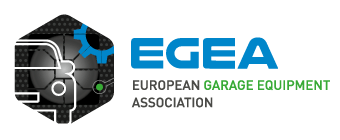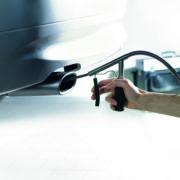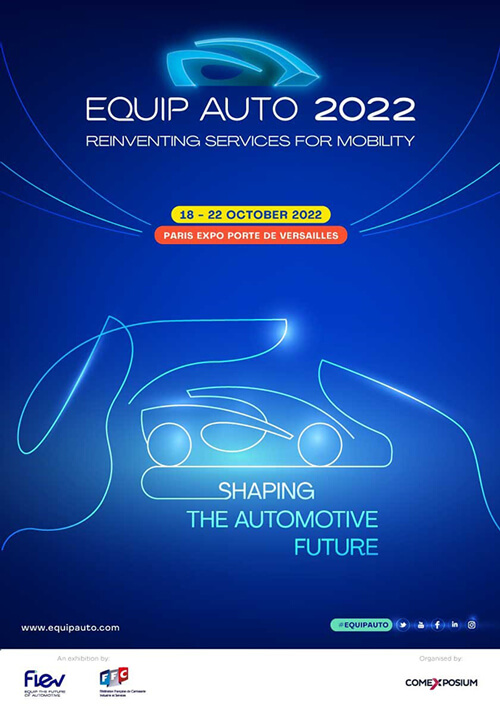Netherlands to start particulate measuring on 1 July 2022
On 1 July 2022, the Netherlands will be the first country in Europe to start mandatory particle measurement for diesel cars Commercial vehicles and trucks. The Dutch government had already adopted a particle measurement procedure at the end of 2020, but now also within the PTI.
Diesel passenger cars must have a manufacturer-mounted particulate filter from 2011 to meet European emission requirements. For diesel delivery vehicles this will apply from 2012. It is now estimated that there are between 100,000 and 125,000 diesel cars in the Netherlands that are subject to the PTI and cannot pass the test because the particulate filter is defective or has been removed. As a result, they emit more particulate matter than is legally permitted.
Originally, the measurement procedure was to start on 1 January 2022 as part of the periodic technical vehicle inspection. The transitional period for the introduction of the procedure has been extended by six months. In addition, the permissible particulate limit value for diesel vehicles first registered in 2015 has been raised from 250,000 ppm to 1,000,000. The responsible ministry justified the increase by stating that the aim of the particle measurement procedure is to detect and remove from circulation primarily diesel vehicles with manipulated/dismantled particle filters. RAI association https://www.raivereniging.nl/ section manager Martijn van Eikenhorst welcomes the introduction of particle filter retesting under the PTI from July 2022. “Measuring is knowing. And in this way, we ensure that not only new cars, but also the driving fleet remains as clean as possible. This is an important step towards a healthy mobility system.”
Besides the Netherlands, Belgium and Germany are also preparing a particle measurement procedure for diesel vehicles. In Germany, it was originally planned to start particle measurement as part of the periodic technical vehicle inspection on 1 January 2021. This plan failed in practice due to the timely definition of an agreed test procedure by the responsible authorities and the responsible Federal Ministry of Transport in Berlin. Questions regarding the calibration and verification of the systems and procedures have also remained unresolved in Germany to date, despite intensive support from experts in the workshop equipment industry and the ASA Federal Association. Experts do not expect a particle measurement procedure to be launched in Germany before January 2023.
In the EGEA, there will be an exchange of experiences and developments around particle measurement in the working groups in the future and the know-how will be accessible to all eleven national associations within the EGEA. “Of course, we will also share our knowledge with those responsible in European politics and, where desired, we will be happy to provide technical advice with our experts,” concluded Jordi Brunet, Secretary General of the EGEA in Brussels.





